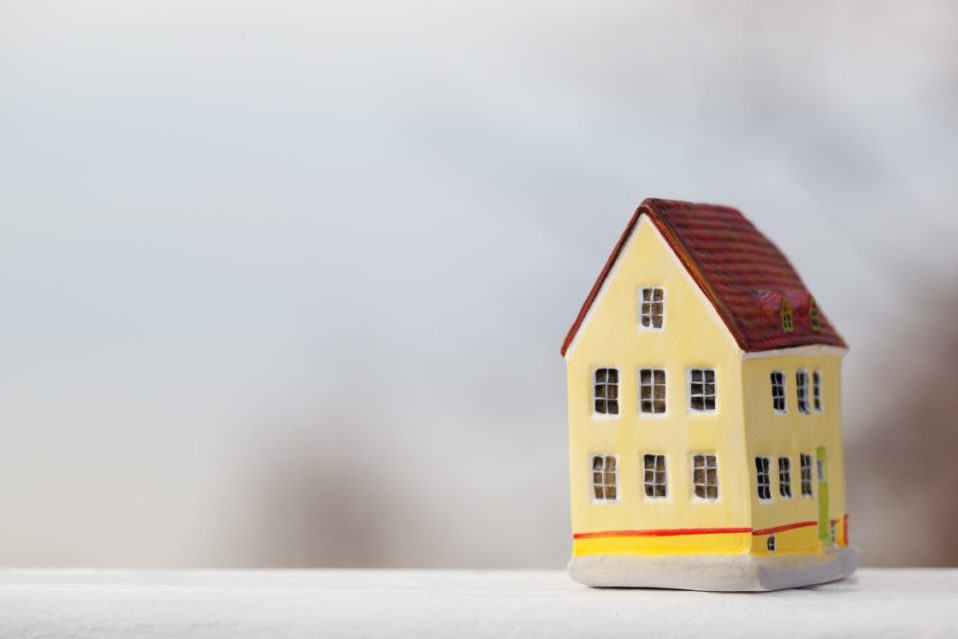Making your home energy-efficient is a great way to make it cozier and help you save money on utility bills. Fortunately, there are a plethora of things you can do to increase energy efficiency in your home. Here’s what you can do to scale up towards an energy-efficient home.
1. Practice Energy-Saving Behavior
Making your home energy-efficient doesn’t have to be expensive. It could be as simple as adopting and practicing energy-saving mannerisms in your home. Turn off lights and appliances when not in use. Give energy-intensive appliances a break by doing chores like washing clothes and utensils manually. Be sure to teach your children these practices.
2. Be Careful With What Energy-Efficient Items You Buy
It’s no secret that buyers prefer energy-efficient items, but sometimes companies can use this to their advantage and market their items as energy-efficient when they’re really not. Be sure that you’re double-checking whether the item you’re buying is actually certified to be energy-efficient and that the website you’re buying from is not only legitimate but also safe; Amazon Web Services had to stop a DDoS attack with the largest peak traffic volume ever, 2.3Tbps.
3. Upgrade Your HVAC System
Ditching your old HVAC for a new system will take you closer to your energy efficiency goals. A new, modern system will heat your house during cold months and cool it during hot months while keeping your energy bills down. In addition, ensure the system gets regular maintenance. Maintenance will ensure all your unit’s features are in good shape and are working at optimum level.
4. Install a Smart Thermostat
Besides upgrading your HVAC system, a smart thermostat can automatically reduce heating or cooling and turn off your HVAC system when nobody is home or the desired conditions have been achieved. A smart thermostat can learn your home’s pattern and adjust your HVAC system accordingly. Installing a smart thermostat allows you to stop wasting energy.
5. Use Energy-Efficient Bulbs
Incandescent light uses a lot of energy. That said, using energy-efficient light bulbs instead of incandescent bulbs will effortlessly make your home energy-efficient. However, these bulbs are costly. The good thing is they have a longer lifespan. That means they will save you more money and ensure efficiency in your living space for many years.
6. Upgrade Your Insulation
Improving home insulation can save up to 50% of your home’s heating bill. Insulate your attic, basement, ceilings, walls, floor, and windows. Spray form insulation can insulate your attic and walls. Aluminum blinds are one of the most durable and low-maintenance insulation options for windows and are available for windows of all sizes. Installing draft guard doors in front of your exterior doors is a smart way to maintain air conditioning indoors. Upgrading your insulation will go a long way in increasing your home’s energy efficiency.
7. Replace Windows
A lot of heat escapes through less efficient windows. According to the U.S. Department of Energy, energy-efficient windows can save you $126 or more on energy bills annually, depending on your area of residence. Replace your windows with more energy-efficient ones. Energy Star windows can save a homeowner up to $465 per year when replacing single-pane windows. They will also make your home efficient.
8. Install Solar Panels
Solar panels increase energy efficiency, no wonder their massive popularity in recent years. With solar panels, electricity is generated and used in the same area, which increases electricity efficiency. Between 20-25 solar panels can fully power your house. While the upfront cost of buying and installing solar panels is high, solar power has many benefits. Solar panels generate electricity, lower energy bills, make you legible for tax incentives, and allow you to help combat greenhouse emissions.
9. Replace Old Appliances
Old appliances are less efficient. Newer ones are between 30% and 50% more efficient than older models designed in the 90s and previous decades. Replace older appliances like televisions, HVAC systems, refrigerators, and other important appliances in the house with newer, more efficient systems. Using energy-efficient appliances in your house will increase efficiency and lower your utility bills.
Applying these tips will enable you to have an energy-efficient home. Book an appointment with an expert if you need help or have questions about energy efficiency.






